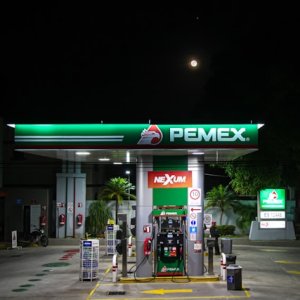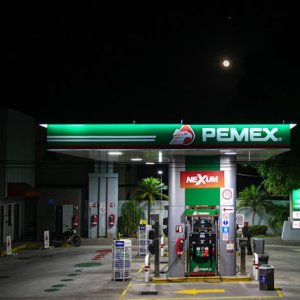Safety Services Market Increasingly Relevant

STORY INLINE POST
Q: How has Exida’s service portfolio evolved since its founding?
A: In Mexico, we consider PEMEX an end client as we work through its national and international contractors. We work for Ecopetrol in Colombia through a similar modality. Our functional safety service offering has been central to our growth from the very beginning. From there, we have been able to branch out into cybersecurity, alarm management and general risk analysis and assessment services. This portfolio has allowed us to expand into markets like Peru, Ecuador and Argentina. The expertise that we have developed in the oil and gas sector has provided us with the opportunity to work in specialized projects, such as risk analysis and alarm management for refineries in the Middle East. In Mexico, we have also branched out from oil and gas into the chemical industry. We also recognize that the prevailing economic and political forces in the world are forcing us to consider a path that very gradually phases out oil and gas from the majority of our project portfolio. Ultimately, all processing and transformation industries should invest in Functional Safety; nevertheless, oil and gas tends to be one of the few industries in the region addressing this subject with the appropriate seriousness. Thankfully, we are beginning to see a change there as well.
Q: How would you describe the distribution of your oil and gas project and client portfolio in Mexico?
A: In the past, PEMEX had the largest projects for us to get involved in. This dynamic has changed in recent years. However, we are still supporting its endeavors. For example, we are working with PEMEX on the Dos Bocas refinery, doing risk and safety assessments for two or three of its plants. This is the NOC’s largest and most important project, so the work with them has been steady and continuous. The oil and gas industry continues to occupy the majority of our portfolio in Mexico despite a decrease in activity at PEMEX.
We have also been working with the most important companies in the gas transportation and distribution subsector. This includes offshore work for companies that deliver gas supply through tankers and similar vessels. We also provide numerous risk analyses for them. In general, I would say that PEMEX and these gas logistics companies represent the main pillars of our portfolio.
Q: How is the importance of functional safety in these areas increasing?
A: Functional safety focuses on the preventative aspect of safety. The recent occurrence of certain types of incidents at oil and gas worksites, especially fires in downstream facilities, have raised the importance of having both preventative safety and “mitigation safety,” meaning safety practices that are relevant once an event like this is ongoing. Functional safety consists in making the probability of failure of the Safety Instrumented Systems (SIS), required to address the risks that the site presents, zero. There are also economic and design factors that cannot be addressed by functional safety practices and which can lead to incidents occurring. Through functional safety practices, we can maximize the degree to which these incidents are prevented. The importance of these practices has increased exponentially since the pandemic began and both employers and employees have become more aware of how they work within their environments.
The recurrence of incidents could be caused by a number of factors. The first step would be to make no assumptions. The lack of an appropriate maintenance calendar could be a strong contributing factor, as well as a recurrence of human error as a result of inappropriately sparse safety and awareness training. Failures in safety equipment and infrastructure, like alarms, sprinklers or coatings could also be to blame. The lack of maintenance could be a problem but there is no way of knowing without a detailed analysis. In fact, a number of these incidents have occurred during maintenance maneuvers. Then, the question becomes less about the frequency and investment being made in maintenance and more about the nature of the maintenance practices. Since our service offering has expanded to encompass the wider spectrum of risk assessment, we would begin there before we could make any assumptions. Through our risk assessment services, we can determine whether functional safety is really the solution at all. Most companies are lacking functional safety standards and practices but their presence or lack of it might not be what is behind a company’s latest experience.
Exida is a specialized consultancy and safety certification expert founded in 2000. They are a certifying entity of people and instruments in functional safety and cybersecurity for the control and process industry, along with offering other services such as risk analysis, functional safety assessment, alarm management and cybersecurity.








 By Pedro Alcalá | Senior Journalist & Industry Analyst -
Tue, 02/15/2022 - 16:45
By Pedro Alcalá | Senior Journalist & Industry Analyst -
Tue, 02/15/2022 - 16:45
















